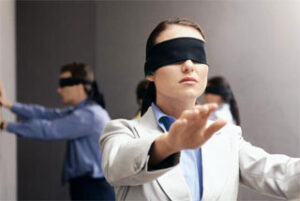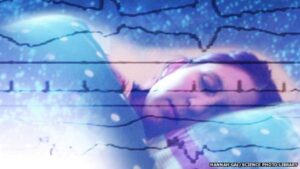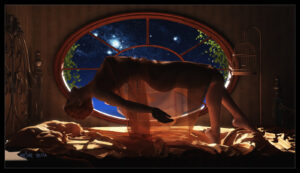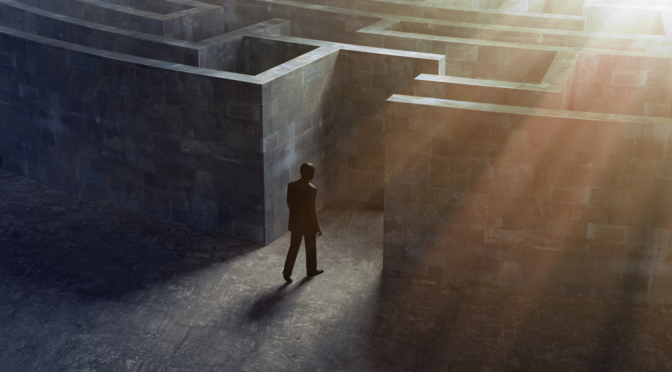If dreams are a reflection of reality, how does someone with a different sense of reality dream? Every person dreams, even if they are convinced they don’t. Some people can never remember their dream and others can only recall a vague sensation after waking up.
The definition of a dream is: ‘A series of images, ideas, emotions and sensations occurring involuntarily in the mind during certain stages of sleep’.
What happens when you take away the images? Since you never experienced the sense of sight. Or what if someone experienced vision a part of his life but turned blind. Does this influence dreaming?
A new study published in the journal sleep magazine takes us in to the dream-world of the people who cannot see. Three different groups got investigated.
The first group had full vision, the second turned blind at a certain stage in their life and the third one contained people who were born blind. Each group got the same 3 questions:
To describe their dream immediately after waking up.
If they experienced emotions during their dreams.
If there were specific themes like flying or falling.

For people that can see, dreaming is mainly a visual activity. Series of images accompanied by an emotional undertone. For people who lack the sense of sight, the other senses they rely on the most in life, took over.
There is as well a difference between the dreams of people that were able to see part of their live and people that never experienced vision.
The more recollection the person had of sight, the more visuals would appear in the dream. This becomes less and less as they age, the memory of vision fades away.
People that never experienced sight, fill their dreams with the other senses they process in their daily life.
Their dreams contain sound and smell; they can even register the sense of taste and touch. They also have almost no eye movement during the REM sleep, Rapid Eye Movement, the phase of sleep in which occur most of our dreams.
 An interesting fact that jumped out for the researchers, was that people who are blind from birth are four times more likely to have nightmares than people with vision.
An interesting fact that jumped out for the researchers, was that people who are blind from birth are four times more likely to have nightmares than people with vision.
They couldn’t come with a conclusive answer on how this is possible. They did however come up with a theory. Nightmares are a way for our brain to cope with threats surrounding us in our daily lives. Because one of their senses is missing, blind people tend to be more fragile in situations, where another person would normally relay on his sight.
The main themes in nightmares of blind people fits that theory, as the most occurring ones were: being hit by a car or getting lost.

